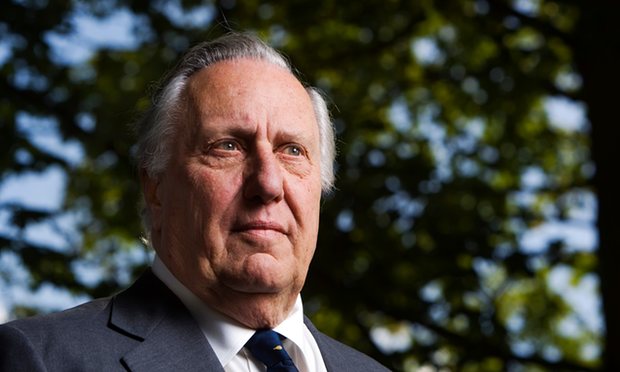Fatima Bhutto is recalling the time she met Bollywood superstar Shah Rukh Khan in Dubai. The idea was to watch him film an Egyptian prank show and understand something about a man who many people see as emblematic of success, hope, and pride. But the more time she spent with him, the more she realised that Shah Rukh Khan represented something far more intriguing.
“Here I was speaking to an Indian star in the Emirates, shooting an Egyptian show on a Saudi-owned channel,” she says. “And that’s the power of culture – the past century was dominated by America but the 21st century is undoubtedly going to be an Asian one.”
Shah Rukh Khan is still little-known in the West. But he’s one of the icons of a vast cultural movement emerging from the global south encompassing Bollywood, Turkish soap operas (known as dizi, and which have made Turkey second only to the US in worldwide television distribution) and Korean pop music. In her most recent book, New Kings Of The World: Dispatches From Bollywood, Dizi and K-Pop, which Bhutto will discuss at the Emirates Airline Festival of Literature this month, she argues this movement is the biggest challenge to America’s monopoly of soft power since the end of the Second World War.
Putting her finger on when this profound cultural shift from American music, movies and television shows began is a little trickier, however.
“There isn’t a date or a year we can point to and say ‘this is the start’”, says Bhutto. “The cultural industries I wrote about in New Kings have been at work for decades, producing culture long before they became globally recognised or famous. I do centre a lot of the discussion around the 1990s, however, because that’s the zenith of the excitement over globalisation as well as the beginning of a global neoliberal wave.”
Bhutto argues that this new landscape of cultural power is less a result of the rise in the middle class across the global south than due to the waves of internal migration from rural to urban homes. “The journey from tradition to modernity is neither inevitable nor painless; on the contrary, it is accompanied by profound turbulence,” she says.
“I think we are all aware of the successes, they are present all around us. But I was more interested in the fallout, in the dark corners of this phenomenon.”
In New Kings Of The World Bhutto talks about a sorrow in India that the lush, unadulterated fantasy of Bollywood masks. As a writer living in Karachi, she says it’s impossible to escape the “incredible poverty and injustice across South Asia”. “It’s overwhelming.But films are a projection of a fantasy – they are about how a country or a people wish to be seen, rather than what they really are.” And how they wish to be seen on the global stage – dizi’s most famous export, Magnificent Century, has been seen by over 500 million people worldwide – will become increasingly important, states Bhutto.
“All of the currents I talk about in the book will magnify and expand,” she says. “Look at the Chinese app Tik Tok and how it’s taking over social media. People dismiss it as frivolous but this is soft power at play – without anyone noticing.”

